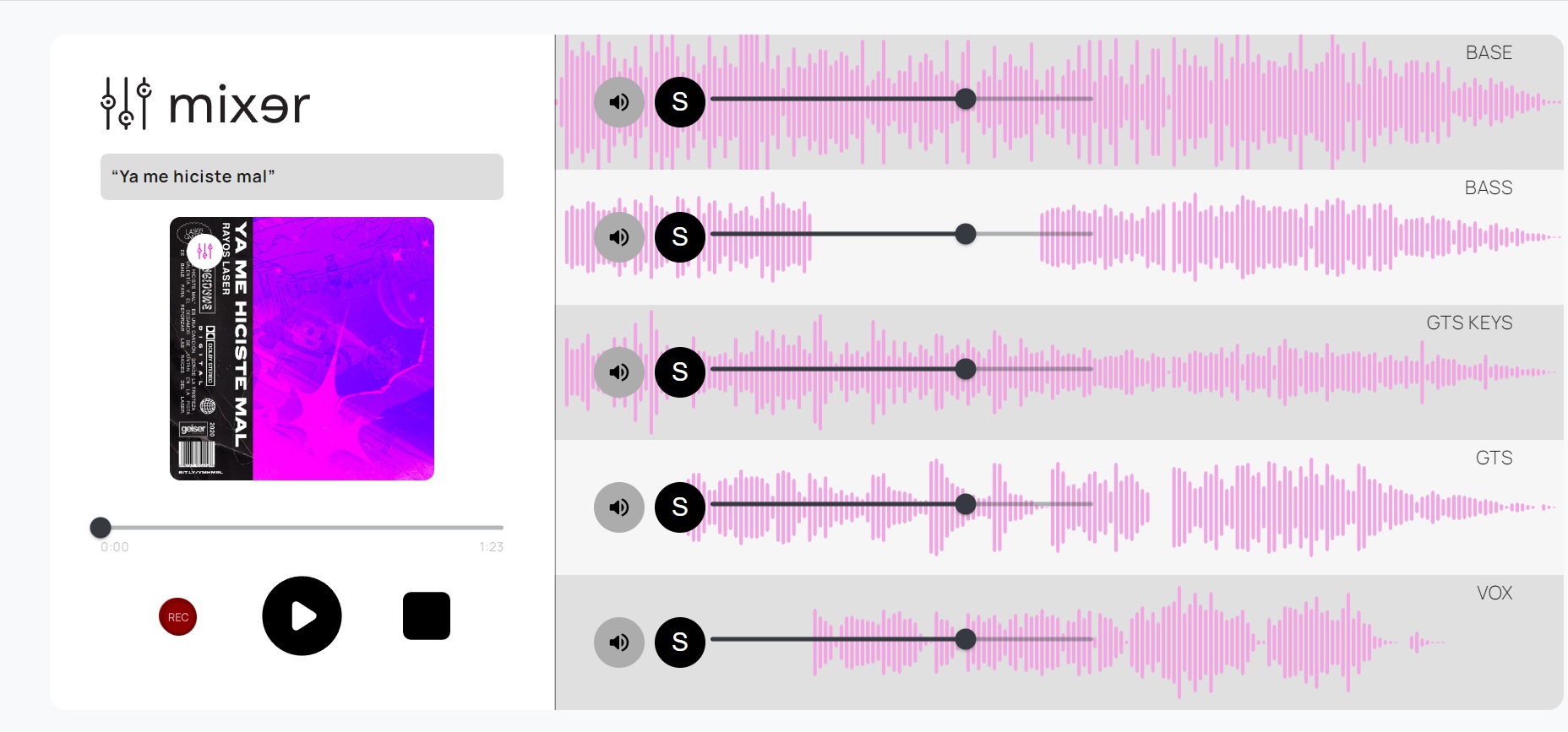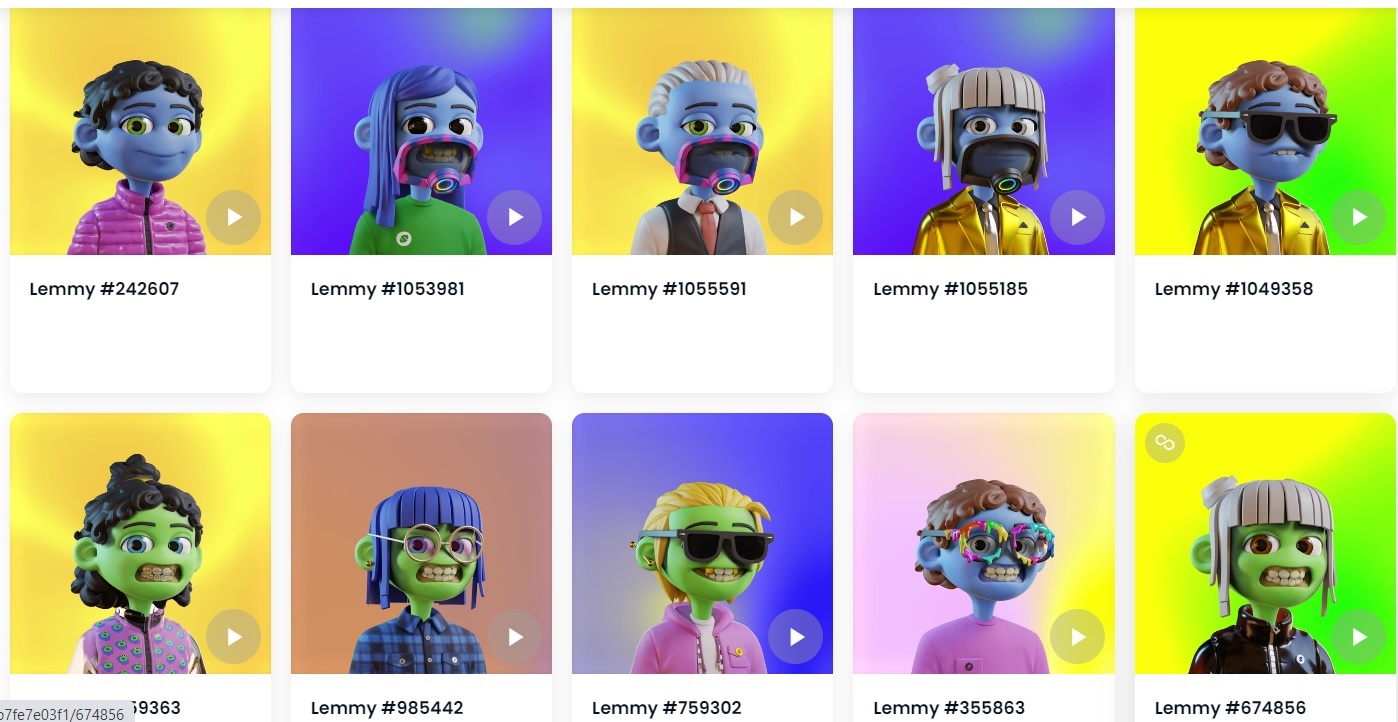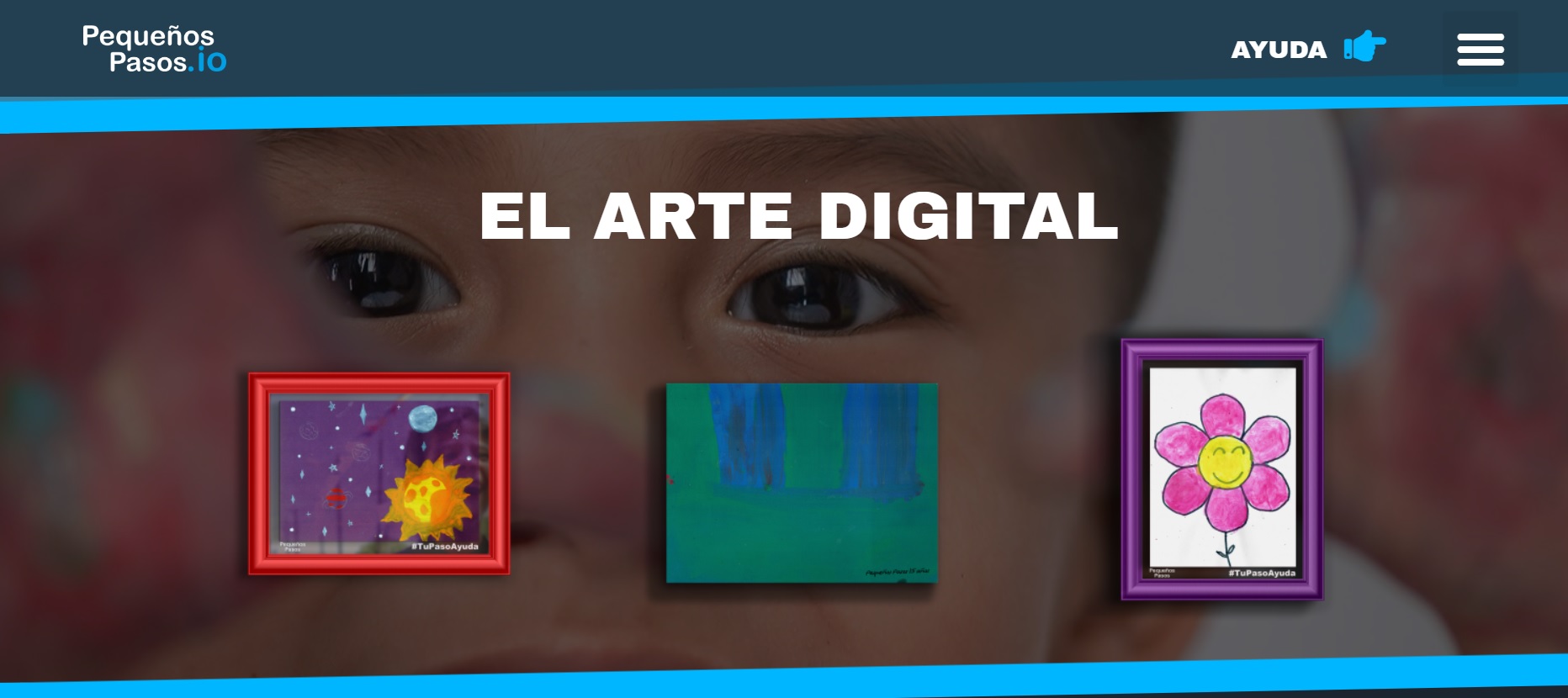31/10/2022 NFTs Are Going Big in Latin America Amid a Crypto Boom
Different companies and organizations are incorporating non-fungible tokens into users' daily lives, not speculating.
:format(jpg)/cloudfront-us-east-1.images.arcpublishing.com/coindesk/2XLZQ65C6VGCFEIOD7JD5NEFOQ.jpg)
(Getty Images)
With an increasing number of financial and political crises in recent years, Latin American citizens have found in crypto a powerful tool to cope with the instability. Now, non-fungible tokens (NFT) are booming in the region, with the goal of solving real problems and not speculation.
High inflation has led millions of Latin Americans to seek refuge in cryptocurrencies, with stablecoins leading the way. According to Mastercard, 51% of consumers in the regionhave made at least one transaction with crypto. Brazil, Argentina, Colombia and Ecuador are among the top 20 countries with the greatest crypto adoption, according to Chainalysis' 2022 Global Crypto Adoption Index.
NFTs have reached mainstream audiences in developed countries through projects includingBored Ape Yacht CluborCryptoPunks, which have now become highly sought-after collectables. Latin American companies, by contrast, are investing in NFT use cases such as supporting local artists, allowing customers to resell airline tickets or donating to nonprofit organizations.
Enigma.artis a decentralized platform that mainly provides NFT’ development services for well-known traditional Latin American artists, ranging from fine arts to the music industry. It connects artists with their fans through NFTs’ meet-and-greet tickets, collectable cards or original songs.
“When we entered the crypto universe in 2021 and discovered what an NFT was, we wanted to buy an original piece by a Latin American artist – until we realized that there were practically none. So we created our own platform to link fans with artists through NFTs,” Facundo Migoya,Enigma.artCEO, told CoinDesk.
Facundo and Manuel Migoya — age 21 and 18 respectively — co-foundedEnigma.artin 2021. It has more than 5,000 users and at least 1,500 wallets connected. The platform allows users to find and buy original songs from the artists, who receive a royalty percentage of the purchase, dissociate the voice from each of the different instruments and then mix them differently to create a new track.

Enigma's mixer tool. (Enigma.art website)
The platform currently works with artists such asMarta Minujin, an internationally known conceptual artist from Argentina who sold her first NFT for 24 ETH (approximately $30,720). OrBizarrap, an Argentine music producer who reached the first place onSpotify's Top 50 Globalranking and already sold his first NFT for 100 ETH ($128,000), part of a larger NFT collection in production.
“We are still creating and developing new ways for fans to invest in their favorite artists, with early access and fractional ownership over the artist's new songs through NFTs, for example,” added Migoya.
But NFTs in Latin America are not only about the fanciest industries, as regional NFT companies are trying to generate innovation in more traditional sectors.
In August, TravelX, a marketplace for tokenized travel products, startedoffering2.5 million airplane tickets from the low-cost Argentine airline Flybondi, which are tokenized when purchased and converted into non-fungible tokens called NFTickets.
“When clients bought tickets and then couldn’t take that flight, money was lost,” said Federico Pastori, Flybondi chief commercial officer. “This way, we are creating an official secondary market where people can sell and resell them until three days before the takeoff.”
After acquiring an NFTicket, a customer can auction, sell, transfer, gift or exchange them through a peer-to-peer system on TravelX, that the startup’s chief blockchain officer, Facundo Martin Diaz, told CoinDesk when it launched.
“Imagine if a big event is happening, customers could buy several tickets and then resell or auction them for double the price, the possibilities with NFTickets are endless,” Pastori added.
The NFTickets can currently be purchased with fiat money or USDC through a wallet created in TravelX or through BinancePay and morerecentlywith Lemon, a Latin American crypto exchange. Both TravelX and Flybondi receive 2% commission on every transaction.
Lemon, with more than a million users in Argentina and Brazil, launched in August the biggestNFT collectionin the world up to date, creating a unique NFT avatar for each one of its users.

Lemon's NFT collection. (OpenSea)
“We saw that NFTs around the world were mainly used for speculative purposes and also that Latin Americans found the existing process to obtain an NFT difficult, so we gave free access to NFTs to all of our users,” Lemon CEO Marcelo Cavazzoli told CoinDesk.
The avatar NFTs, called “Lemmys,” are unique and randomly generated when users activate them. For now, they cannot be modified, traded or purchased, although it will be possible in the near future, Cavazzoli stated, adding that more than 400,000 of the million users have claimed their NFTs.
With a more supportive approach,Pequeños Pasos(Little Steps), a non-governmental organization (NGO) with global operations that develop integration programs for families in vulnerable communities around Argentina, launched in May its firstNFT collectionof digitized drawings made by children participating in integration programs.
“The NFT project is meant for people to get involved with the organization in a more tangible way and later get rewards like special participation in our events,” Matías Ronconi, president at Pequeños Pasos, told CoinDesk.

NFTs released by Pequeños Pasos. (Pequeños Pasos website)
The NFT project of Pequeños Pasos was assisted by Santiago Siri, an Argentine contributor to the Proof of Humanity project and developer of the universal basic income (UBI) ERC-20 token. Up to now, it has sold 25 pieces for $50 each through OpenSea.
“NFT adoption is still new in Latin America, but we wanted to be part of it from the beginning,” Ronconi said.
 (0)
(0)
 (0)
(0)
https://www.coindesk.com/business/2022/10/28/nfts-are-going-big-in-latin-america-amid-a-crypto-boom/
